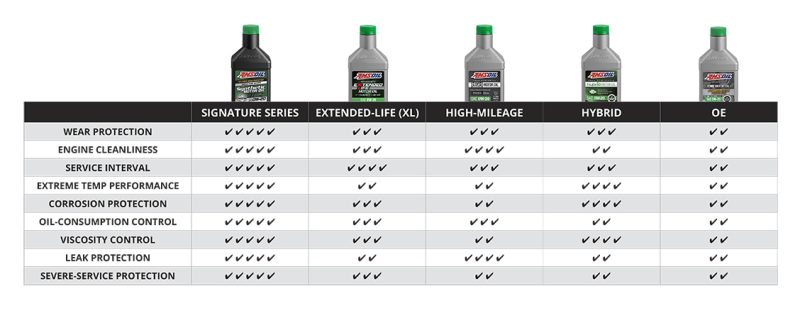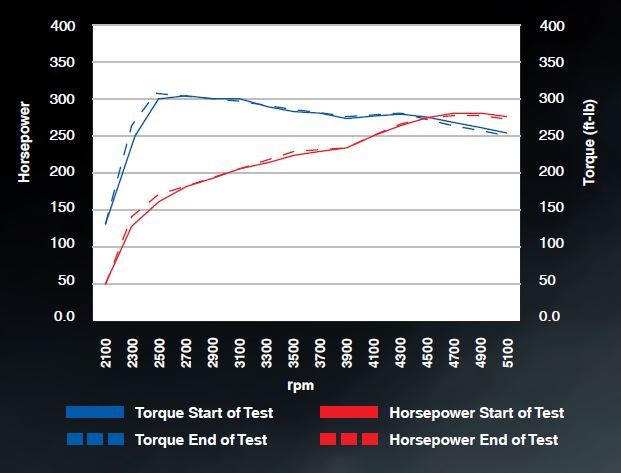How To Choose Between So Many AMSOIL Products As we have come out with so many choices, these were designed based on customer and market requests. The Signature Series remains the industry standard. Unlike the competition, Signature Series is constantly being evaluated as technology is made available. This is why it’s not API Certified because […]
You are browsing archives for
Category: Auto/Light Truck
9 Tips for Safe Trailer Towing
9 Tips for Safe Trailer Towing Ed Newman|Jun 11, 2019 11:10 AM Friends of mine in Minneapolis were driving on Highway 35, talking about this and that, minding their own business, when – wham! A trailer carrying a boat slammed into their car. The trailer had disconnected from the tow vehicle and darted across the […]
See How Rtech Fabrications Builds Trucks...
Rtech AMSOIL under the hood to ensure a solid-running build for years to come. Jamie Gibson|Apr 19, 2019 8:23 AM Around here we see all sorts of vehicles capable of turning heads, from showroom-shiny to rat-rod realism. No matter the project style, there’s a builder behind the scenes who carried the concept from start to […]
Why Did We Reformulate Signature Series ...
Why Did We Reformulate Signature Series Synthetic Motor Oil? Local Sioux Falls note: We are reposing this article from last fall as it is important to realize the changes coming and how these enhancements will only add to the performance on older vehicles too. AMSOIL’s Signature Series likely already exceeds the future API specification which […]



